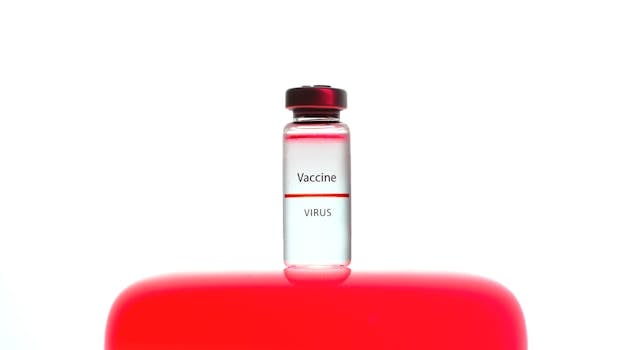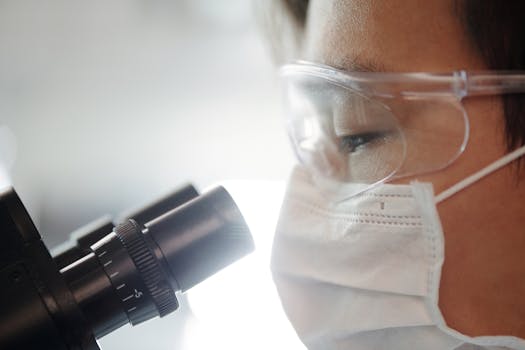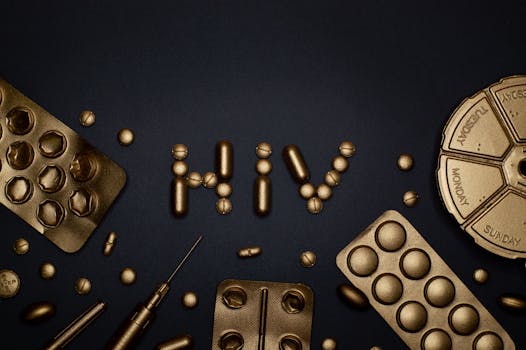
The Science Behind Vaccines and Public Health

The science behind vaccines is a complex and fascinating field that has revolutionized public health. By understanding how vaccines work and their impact on society, we can better appreciate the importance of vaccination in preventing infectious diseases. Vaccines and public health are closely linked, as vaccination is one of the most effective ways to prevent the spread of infectious diseases and protect public health.
How Vaccines Work
Vaccines work by introducing a small, harmless piece of a virus or bacteria to the body, which triggers the immune system to produce antibodies and immune cells that can recognize and fight the disease. This process is called immunization, and it provides long-term protection against infectious diseases. There are several types of vaccines, including inactivated vaccines, live attenuated vaccines, and subunit vaccines, each with its own mechanism of action.
Types of Vaccines
There are several types of vaccines, each with its own unique characteristics and benefits. Inactivated vaccines, such as the flu vaccine, contain a killed or inactivated virus or bacteria, while live attenuated vaccines, such as the MMR vaccine, contain a weakened form of the virus or bacteria. Subunit vaccines, such as the hepatitis B vaccine, contain only a specific component of the virus or bacteria, rather than the entire microorganism.
The Impact of Vaccination on Public Health
Vaccination has had a profound impact on public health, with significant reductions in the incidence of infectious diseases such as measles, mumps, and whooping cough. According to the World Health Organization (WHO), vaccination has saved millions of lives and prevented countless illnesses worldwide. In addition, vaccination has also had a significant impact on the economy, with estimates suggesting that every dollar invested in vaccination programs returns up to $10 in economic benefits.
Vaccine Safety and Efficacy
Vaccine safety and efficacy are carefully monitored by regulatory agencies and healthcare professionals to ensure that vaccines are safe and effective. Vaccines undergo rigorous testing and evaluation before they are approved for use, and ongoing surveillance is conducted to monitor their safety and efficacy in the population. Despite concerns about vaccine safety and efficacy, the scientific evidence overwhelmingly supports the use of vaccines as a safe and effective way to prevent infectious diseases.
Conclusion

In conclusion, the science behind vaccines and public health is a complex and fascinating field that has revolutionized our understanding of infectious diseases and their prevention. By understanding how vaccines work and their impact on society, we can better appreciate the importance of vaccination in protecting public health. Vaccines and public health are closely linked, and continued investment in vaccination programs is essential to maintaining and improving public health outcomes.



